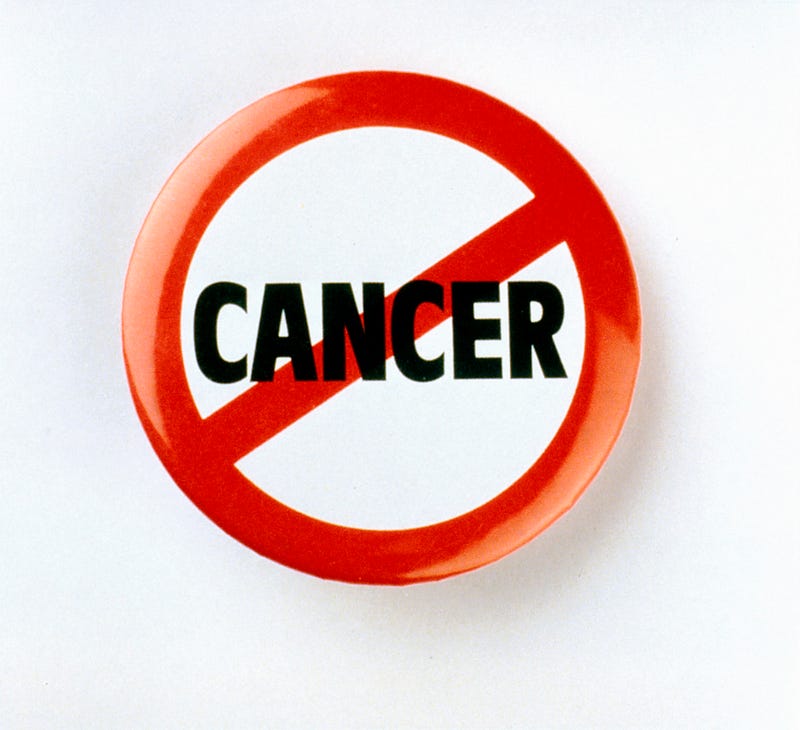Anal Bleeding: Causes and remedies for anal bleeding
Causes and Remedies For Anal Bleeding
Anal Bleeding
Do you think Anal bleeding is normal? Actually anal bleeding is never normal. Bleeding in the anus is not a disease in itself, only a symptom of another disease. Since it is common for blood to flow through the anus, it is necessary to take it very seriously, regardless of age. This bleeding can range from common disease to serious type of cancers.
Usual Causes Of Anal Bleeding:
- anal fissures
- constipation
- hemorrhoids
- polyps, or small tissue growths in the lining of the rectum or colon that can bleed after passing stool
Symptoms Of Anal Bleeding:
We have mentioned earlier that anal bleeding is not just a disease in itself, it is just a symptom of another deadly disease. So, the patient's anus with the bleeding, the physician seeks help with the symptoms of the disease.
Incas Suspension: for a child, the disease usually occurs at the age of 5- 10 months, when the baby starts with other foods with breast milk. The child cries in pain because of this disease. The pain is frequent. The child feels healthy between the two pains. The baby defecates with blood and amniotic fluid and it is called “Red Brent Jelly”. Also, the baby may have bloating, vomiting, etc.
Rectal polyps: In rectal polyps, fresh blood goes to the anus and if it goes through the anus, it can come out like a lump, which can inter inside after the anus or it can be pushed with the finger. The disease is more common among the children but the disease can occur at any age.
Piles Or Hemorrhoids: One of the causes of fresh anal bleeding is Piles or Hemorrhoids in middle age. In this disease, after the first bowel movement, fresh blood may drip or fall out, after a while, it may come out as a round lump or flesh with the stool, which may go automatically after the bowel movement or may be pushed with the finger. If proper medicine is not given, then the whole or the muscles do not get inside, then various complications occur and the operation becomes urgent. To talk about early stages, these can be cured without surgery.
Anal Fissure: In addition to bleeding in these cases, there may be pain during and after defecation.
Other: In addition to the above causes, diseases like Crohn’s disease, ulcerative colitis, diverticulitis etc. However, in case of anal bleeding, these diseases should be kept in mind.
Diagnosis:
Hear the full details of the disease from the patient or relatives of the patient over time required for diagnosis, such as age of the patient, cause of bleeding, type of bleeding i.e. not dripping before or after defecation. Whether it comes out like one or more golpinds, whether the defecation habits have changed such as occasional diarrhea and occasional constipation, desire to defecate more after defecation etc.
Cancer of the rectum or rectum:
The disease usually occurs 40 years or more later but can occur earlier. This disease is one of the causes of anal bleeding. In many cases, piles are thought to complicate the disease with scrubs and other tweaks. In case of cancer in the anus or rectum, fresh blood in the anus, in addition to going to the mango, there is a desire to defecate more after defecation. Occasionally there may be diarrhea and sometimes constipation.
 |
| Photo by National Cancer Institute on Unsplash |
If not treated at the right time, there may be pain in the rectum at the next time, inability to hold the stool, bloating of the anus or rectum, bloating, vomiting, etc. In addition, the patient may feel extremely weak. Many times pile can be caused by cancer in the rectum. Therefore, if there is blood in the anus or if you feel piles, it should never be taken lightly.
Checking:
(In the appropriate place, hidden from others, in the case of women must be in the presence of the sister or the woman) The anus and the four sides of the anus should be seen. Insert the finger into the anus (wearing gloves) (DRE) to be examined. Apart from that, to see the inside and rectum of Malabar Proloscopy and sigmoidoscopy may be required. In some cases, colonoscopy or barium enema X-ray may be required.
Treatment:
When it comes to treatment, the treatment or reasons should be started first In some cases, advice and medication are sufficient, such as early stage piles, diverticular disease, acute anal fissure, etc. In some cases, surgery is more likely, such as intussusception, third Digni hemorrhoids, etc. In some cases there is no alternative but surgery such as rectal polyp, fistula in anus, fourth degree hemorrhoid anal canal, rectum or colon cancer etc.
Conclusion:
There are many causes of anal bleeding, which can range from common problems to complex incurable cancers. Apart from that, in many cases, advice and medicine are enough to know the treatment. However, the type and outcome of treatment.
Depending on the patient’s cause or stage of the disease.
The sooner or earlier the disease can be diagnosed, the easier the treatment will be and the better the outcome. Keep in mind, the more successful the operation can be in the early stages of the disease, the greater the success.
Therefore, if blood is seen in the anus, it is important to seek the help of a specialist surgeon as soon as possible without wasting time by unnecessarily unscientific and wrong treatment.


